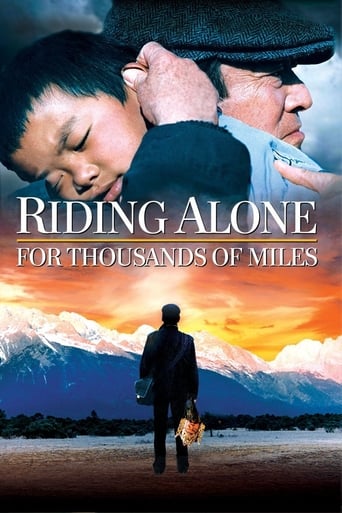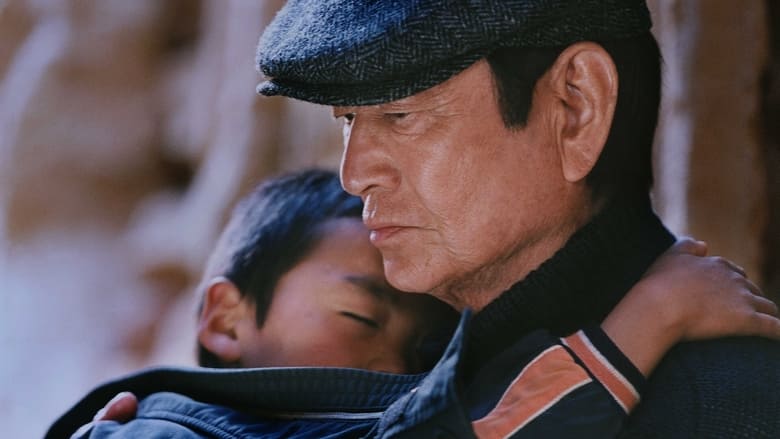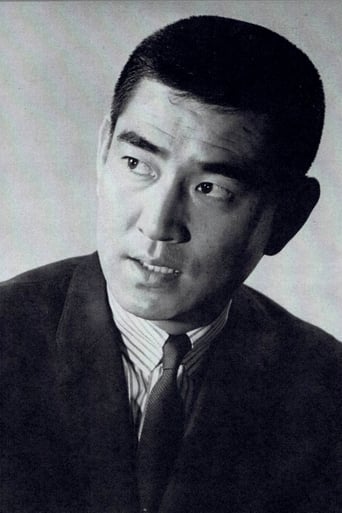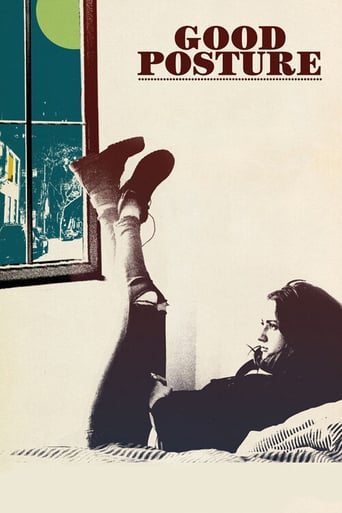Riding Alone for Thousands of Miles (2006)
Takada, a Japanese fisherman has been estranged from his son for many years, but when the son is diagnosed with terminal cancer his daughter-in-law, Rie, summons him to the hospital. Through a series of obstacles and relationships, he is brought unexpectedly closer to both an understanding of himself and of his son.
Watch Trailer
Cast
Similar titles
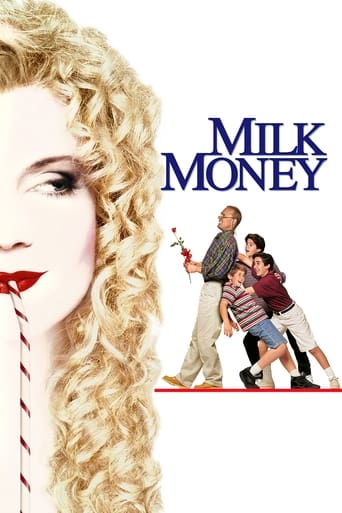

Reviews
everything you have heard about this movie is true.
I cannot think of one single thing that I would change about this film. The acting is incomparable, the directing deft, and the writing poignantly brilliant.
It is neither dumb nor smart enough to be fun, and spends way too much time with its boring human characters.
The film never slows down or bores, plunging from one harrowing sequence to the next.
Riding alone for 1000 miles gives a great example of all the standard relationships between father and son. Father have always loved their sons and Yimoy is trying to show this love form a father for his son. He did a great job og showing the father regret fot what he has done for his son. Also how he is going to make it up to his son. It is hard for a man to swallow his pride, but in this film Yimoy shows that even thought it is hard, but his son is more important to him him than his pride. also the sons understanding of his father pain at the end of the movie is admirable. The son knows that they both made mistake in their relationsship, but because of his love for his dad he tends to forget.
Riding Alone for a Thousand Miles is a very touching movie that depicts the journey of a man in the pursuit of forgiveness and redemption from past actions. The main character is the father of a dying son with whom he had had a distant paternal relationship. Takata, the father gets a phone call that breaks right into the loneliness bubble he had put himself into after his wife passed away. His life changes drastically when he realizes he is about to lose his own son for whom he had done so little in life.An important role is played by Takata's daughter in law, who calls him and requests his presence for his son is about to die. The son had some major resentment about his absence after the death of his mom and does not want to see him. Now all Takata has is a tape with his son's documentary about Chinese folk operas. In it, he expresses his will to return the next year and film it again, which is the key for Takata to a whole new world of self acknowledgment in his journey to earn his son's forgiveness. On this trip to China Takata faces the biggest barrier to his objective, the gateway to his true feelings. The theme of the masks in the movie also refers to the masks used in the characters daily lives where the most beautiful or painful feelings have to be hidden behind appearances. The difference between the Chinese and the Japanese environments is another remarkable element. Director Yimoy manipulated these differences very well to express the coldness of the masquerade feelings as opposed to the colorful open-heartedness of letting one's feelings out. Takata's main objective turns into something bigger and even nobler as the story develops. Without speaking a word in Chinese, he gets people to help him try and shoot the same Chinese folk opera singer his son had filmed, whom was in jail. As he comes to understand that filming in jail is not something easy/likely to happen he faces the need to share his own story with random people for them to understand his noble intentions and help him out. He keeps his humility around the only people who can help him get forgiveness from his son. The more help he gets, the more he knows about himself and about his son, something he had never looked into ever before. In his journey Takata learns more about the imprisoned singer and how he had never seen his own son. Takata thinks about how he wishes he had a closer relationship with his own son and tries to bring Yang Yang to meet his dad in jail. As it turns out that the boy does not have anyone to play the whole of a real parent in his life, Takata faces an opportunity to bond in a paternal relationship with him. That does not last long but it became a life lesson for this man who finally proved to himself that he can be a loving person and does not need to hide his feelings behind a mask.The filming became less important as he started bonding with human beings that were nice and helped him for no reason. The whole effort he put into trying to get forgiveness from is son is what made his actions noble and even though he did not get back in time to see his son, he got a forgiving letter that meant the complete release of the guiltiness he had carried in his heart for a long time.
Riding Alone For Thousands of Miles is an excellent film that truly depicts the differences in the Chinese and Japanese cultures (not in a negative tone, just different). Yimou Zhang's film creates a sense of isolationism when we see Japan. By and large, it feels like Japan has lost touch of its culture by keeping up with today's technology/modernization. In Japan, the audience never sees more than one person in a shot, with respect to Mr. Takata and his daughter-in-law. The colors that the audience sees in Japan reflect Takata's emotional demeanor, blue and gray. Although the fishing village that Mr. Takata moves to after his wife died was very tranquil, it creates a very somber tone and adds to the feeling of absolute solitude.On the other hand, Zhang depicts China as a group-oriented culture that remains connected to its ancient roots and traditions. China feels more warm and accepting than Japan due to its vibrant colors that are used to express the rich heritage of the operas.The opera, "Riding Alone for Thousands of Miles," proves to be both a critical and also meaningless component of the movie. While filming the opera becomes the goal of Mr. Takata to re-connect with his son, it is not the opera that connects them; the heartfelt expression to travel to China is what Takata's son responds to. However, the question still remains as to whether or not Mr. Takata's son actually said anything or if it was just a ploy to get Mr. Takata to come home.Zhang Yimou does a great job of bringing Mr. Takata's emotions to a forefront. It was especially moving when Mr. Takata had to film a tape of himself asking for permission to go into the prison to tape the opera. It makes the audience wonder whether or not Takata would've been able to express his emotions if he wasn't twice removed by the TV screen and through the translation.All in all, I commend Zhang Yimou for a creating a movie that provokes the audience to think outside of the box.
Riding Alone for Thousands of Miles, directed by Yimou Zhang and co-directed with Yasuo Furuhata, left me feeling a little sad and at the same time inspired by the fathers persistence.It was very interesting to see the similarities and differences of the Japanese and Chinese cultures side by side as the story intertwined the two. I, myself being married into a first generation Chinese family here in America; I found it fascinating how the Chinese culture was depicted as being more open, warm and caring for the foreigner. I did not always find it easy to communicate with my father-in-law, not due to the language barrier, but more because females typically do not join the conversations.The emotional struggles that Takata, the father, overcomes to bring himself to visit his ailing son in the hospital, is a turmoil none of us should have to go through, but because of this thing called pride, it happens time and time again. Pride often has us wait until it is almost too late or is too late to make amends with a family member or friend. Takata realizes this and in his quest to fulfill his son's wishes, tries to reunite another father and son, so they do not go down the same path he is traveling.It is a very touching story that I would highly recommend to those who want to see family values through the eyes of another culture. It makes you reflect on your own conduct towards family and friends and to determine for yourself if amends need to be made.
